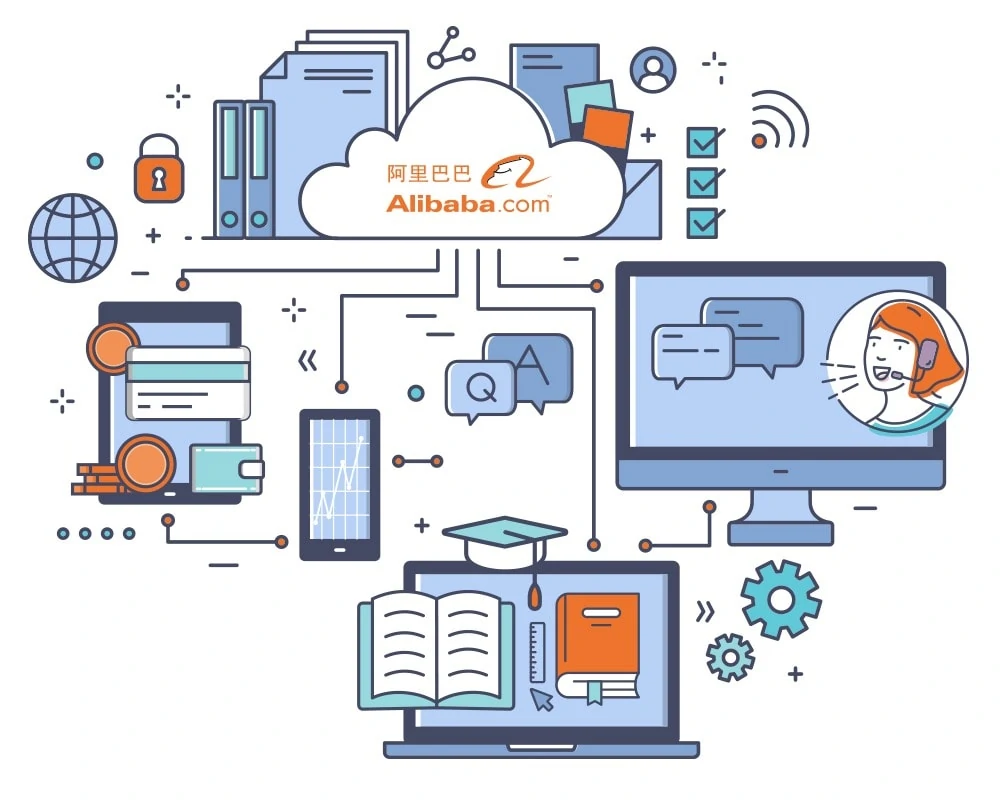With a range of reduced fees, free technological assistance and a billion RMB fund, Alibaba has been doing all it can during the virus, writes Clizia Sala
Millions of people have been forced into confinement during the recent period so it is no wonder that online shopping platforms are booming. E-commerce giant Alibaba is no exception. The Coronavirus outbreak has offered a chance for the company to give back.
Two days after the city of Wuhan was quarantined, Alibaba created a 1 billion RMB fund to help fight the outbreak. The company pooled their resources in e-commerce, e-banking and finance, to ease the difficulties faced by businesses, hospitals, schools and the general public.
Alibaba’s first offered its cloud platforms to government departments in 20 provinces and counties. This helps track and share information on the developments of the viral outbreak, including features such as case reporting, real-time updates and Q&A chatbots that offer information on virus prevention.
Alibaba is also supporting local enterprises. It has launched 20 measures to support SMEs in areas hit by the outbreak. Hubei-based companies, for example, will see their fees on Tmall waived, or get free warehouse rentals for two months if using Cainiao. They will also receive low-interest and interest-free loans from MYBank or Taobao.
Brands that do not have an offline presence in China, and that sell through Tmall Global, will benefit, too. Alibaba promised to waive their annual service fee for six months, and let companies use its online shop setup tool for free. Warehouse rental fees and logistics costs will be reduced, too.
More than 600,000 teachers spent their first day back at school teaching via the app’s live stream feature
As the quarantine period has kept many workers from offices and students from schools, Alibaba’s conference called app Dingtak has been made available for free to businesses and schools allowing businesses to keep going with their staff, safely working from home. More than 600,000 teachers spent their first day back at school after Chinese New Year teaching via the app’s live stream feature to an estimated 50 million students in 300 Chinese cities.
For workers in some sectors, such as retail and hospitality though, cannot work remotely and many are seeing their incomes slashed as their employers struggle with cash flow. These workers are being given the chance to supplement their incomes working temporary jobs at Alibaba’s offline stores, as temporary couriers or at online supermarkets Freshippo, Ele.me and Koubei’s Blue Ocean.
Alibaba has also created a business to business platform that allows hospitals and local authorities to order medical supplies directly from providers with many providers offering discounted or free products.
“The battle against the virus is at a crucial stage. Our goal is to connect the global supply chain with those in need of supplies in a more expedited and efficient way. With your trust and effort, together, we will overcome this crisis,” said an Alibaba representative.



